Have you ever looked into your cat’s eyes and wondered what’s really going on behind that mysterious gaze? The world of an indoor cat is filled with silent dramas, tiny triumphs, and emotional rollercoasters that often go unnoticed by even the most devoted pet parents. From the thrill of a sunbeam to the heartbreak of a closed door, indoor cats experience a range of emotions that are easy to miss—unless you know what to look for. If you think your cat’s days are all about napping and nibbling, think again. Let’s dive into the hidden emotional shifts your feline friend might be experiencing right under your nose.
The Subtle Joy of Routine

Cats thrive on predictability. When you feed them at the same time every day or keep their toys in the same spot, you’re giving them a sense of control over their world. This emotional stability can make a shy cat blossom or a nervous cat relax. However, the smallest change—a new food bowl or a rearranged couch—can disrupt this joy and make your cat feel unsettled. Imagine if your favorite coffee mug vanished every morning; that’s how a cat might feel when their routine is shaken. Consistency isn’t just comforting for humans—your indoor cat craves it too. The joy of routine is a quiet kind of happiness that many cat owners take for granted. If your cat seems content, you’re probably doing something right.
Frustration from Limited Exploration

Unlike their outdoor cousins, indoor cats can’t roam free or chase interesting smells. Over time, this restriction can build up as a subtle frustration. You might see your cat staring longingly out the window or making desperate dashes when a door opens. This pent-up energy can turn into restless pacing or even a bit of mischief. It’s easy to miss these signs, especially if you’re used to your cat’s quirks. Offering new toys, rotating furniture, or even letting them explore a new room can help ease this tension. Cats have an explorer’s heart, and even a small adventure can lift their spirits.
The Quiet Anxiety of Change

Moving to a new home, introducing a new pet, or even just redecorating can trigger anxiety in indoor cats. They may hide, overgroom, or go off their food. It’s heartbreaking to watch, but sadly, many pet parents mistake this for snobbery or stubbornness. Cats are creatures of habit, and any shake-up in their environment feels huge to them. The signs of anxiety are often hidden—a twitchy tail, a sudden flinch, or a refusal to come out from under the bed. Recognizing your cat’s anxiety is the first step to helping them feel secure again. Even a gentle word or their favorite blanket can make a difference.
Loneliness When You’re Away

Cats may have a reputation for independence, but don’t be fooled—they feel lonely too. When the house empties out and the hours drag by, your cat may wander from room to room, searching for company. Some cats meow plaintively or wait by the door, while others become quiet and withdrawn. This loneliness is easy to ignore, especially if you have a busy schedule. But leaving out a worn T-shirt or playing soft music can help soothe their solitude. Even a little extra playtime when you get home can make your cat’s world feel bright again.
Excitement Over Small Pleasures
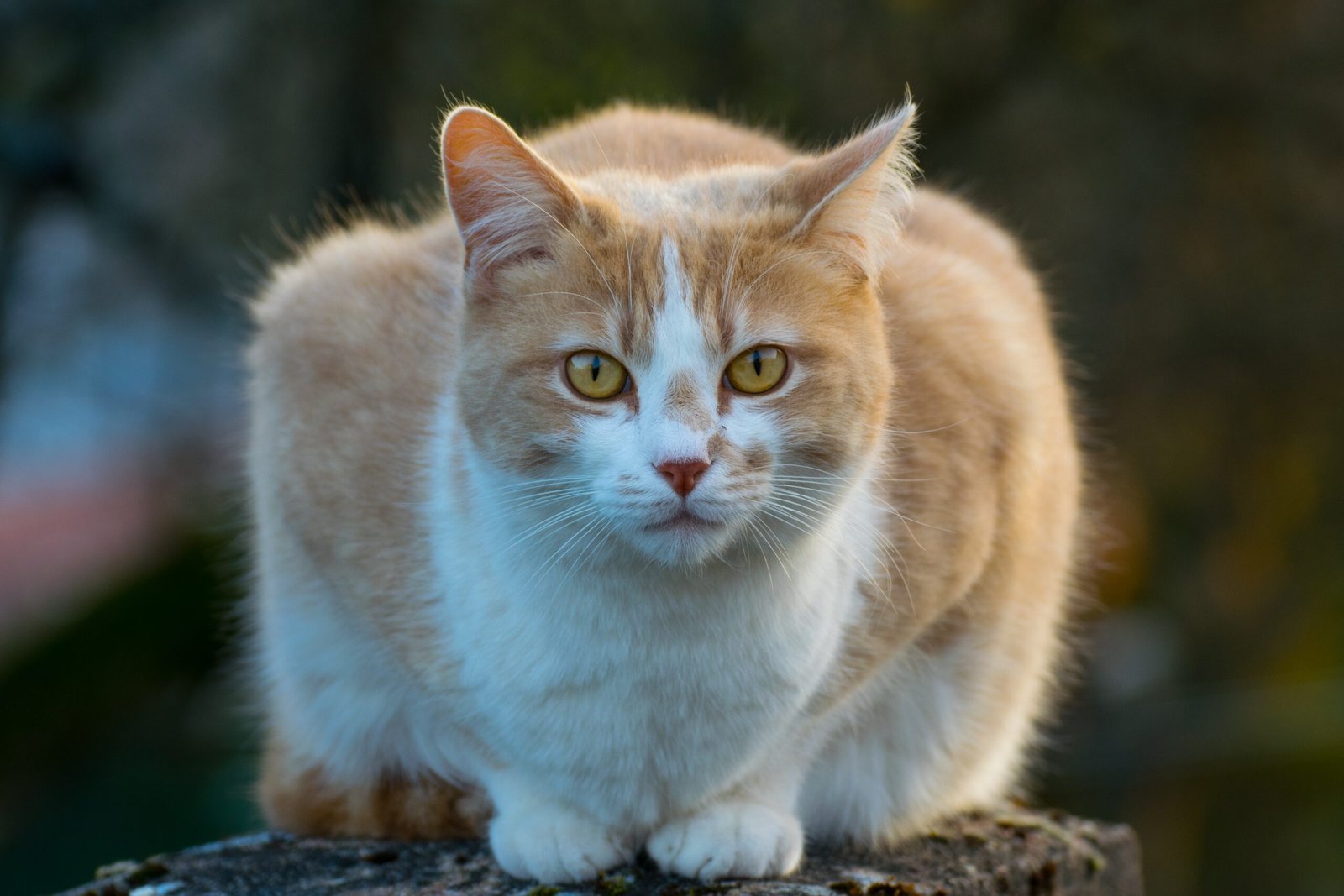
A patch of sunlight, a fluttering curtain, or a crinkly paper bag—these are the small joys that set your cat’s heart racing. The excitement may show up as a sudden pounce or a series of silly zoomies around the living room. For an indoor cat, these little pleasures take on outsized importance. Observing your cat’s reactions can be surprisingly moving; it’s a reminder to find happiness in the small things. Next time you see your cat rolling in the sunbeam, remember: that’s pure, unfiltered feline joy.
Mild Jealousy Over Shared Attention

Cats may not show it as openly as dogs, but jealousy is real for them. Have you ever noticed your cat sulking after you cuddle another pet or pay attention to your phone instead of them? Sometimes, jealousy manifests as a swat, a cold shoulder, or a strategic nap on your laptop. Your cat wants to be your favorite—and if they feel sidelined, their feelings can get hurt. Balancing attention is tricky, but a simple scratch behind the ears or a private play session can reassure your feline friend that they’re still number one in your heart.
Relief After Stressful Events

When the vacuum finally stops roaring or the dreaded carrier goes back into the closet, many cats experience a wave of relief. You might see them stretch out, purr loudly, or engage in a flurry of grooming—like shaking off the stress. These moments of relief can be easy to overlook because they’re so quiet and brief. Watching for them can help you understand what events unsettle your cat and which comforts help them recover. Relief is a powerful but fleeting emotion in a cat’s world.
Confusion in New Situations

A new piece of furniture, an unfamiliar scent, or even a visiting friend can leave your indoor cat bewildered. This confusion might show up as cautious sniffing, wide eyes, or a sudden freeze in place. Cats learn by investigating, but too many new things at once can overwhelm them. It’s like walking into a party where you don’t know anyone—uncertainty can make even the most confident feline feel lost. Being patient and letting your cat approach new things at their own pace helps them regain their confidence.
Attachment to Favorite Spots

If you’ve ever noticed your cat returning again and again to the same sunny windowsill or cozy blanket, you’re seeing evidence of deep emotional attachment. These favorite spots are safe havens, offering comfort and security. If something happens to their spot—a chair is moved or a window is blocked—your cat might seem unsettled or even a bit sad. Their attachment isn’t just about physical comfort; it’s emotional too. Respecting your cat’s favorite places is a simple way to honor their feelings and make them feel at home.
Grief After Loss
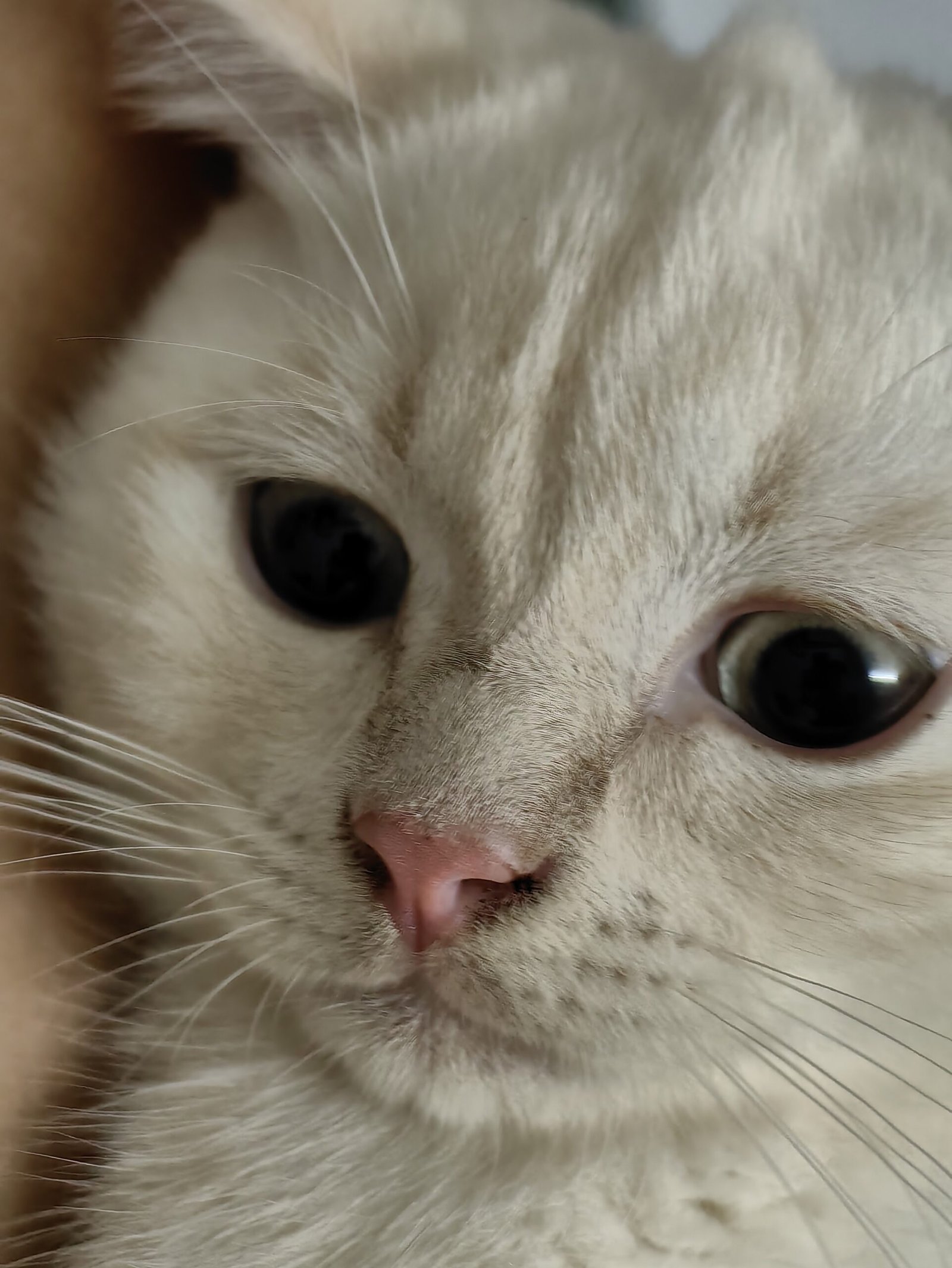
The loss of a feline companion, a beloved human, or even a favorite toy can cause genuine grief in indoor cats. You might see them searching the house, meowing mournfully, or losing interest in food and play. Cat grief is subtle and often misunderstood, but it’s very real. Their routines are thrown off, and the world feels less safe. Comforting your cat during these times—extra cuddles, gentle words, or familiar routines—can help them heal.
Anticipation of Mealtime

The sound of a can opener or the rattle of a treat bag sends many indoor cats into a frenzy of anticipation. Their eyes widen, tails quiver, and some even vocalize their excitement with insistent meows. This anticipation isn’t just about hunger; it’s a highlight of their day, a moment of pure expectation. Skipping or delaying mealtime can be a real letdown for your cat, and you might notice them sulking or giving you the “sad eyes.” The joy of mealtime is a simple but powerful emotional shift.
Contentment in Your Presence
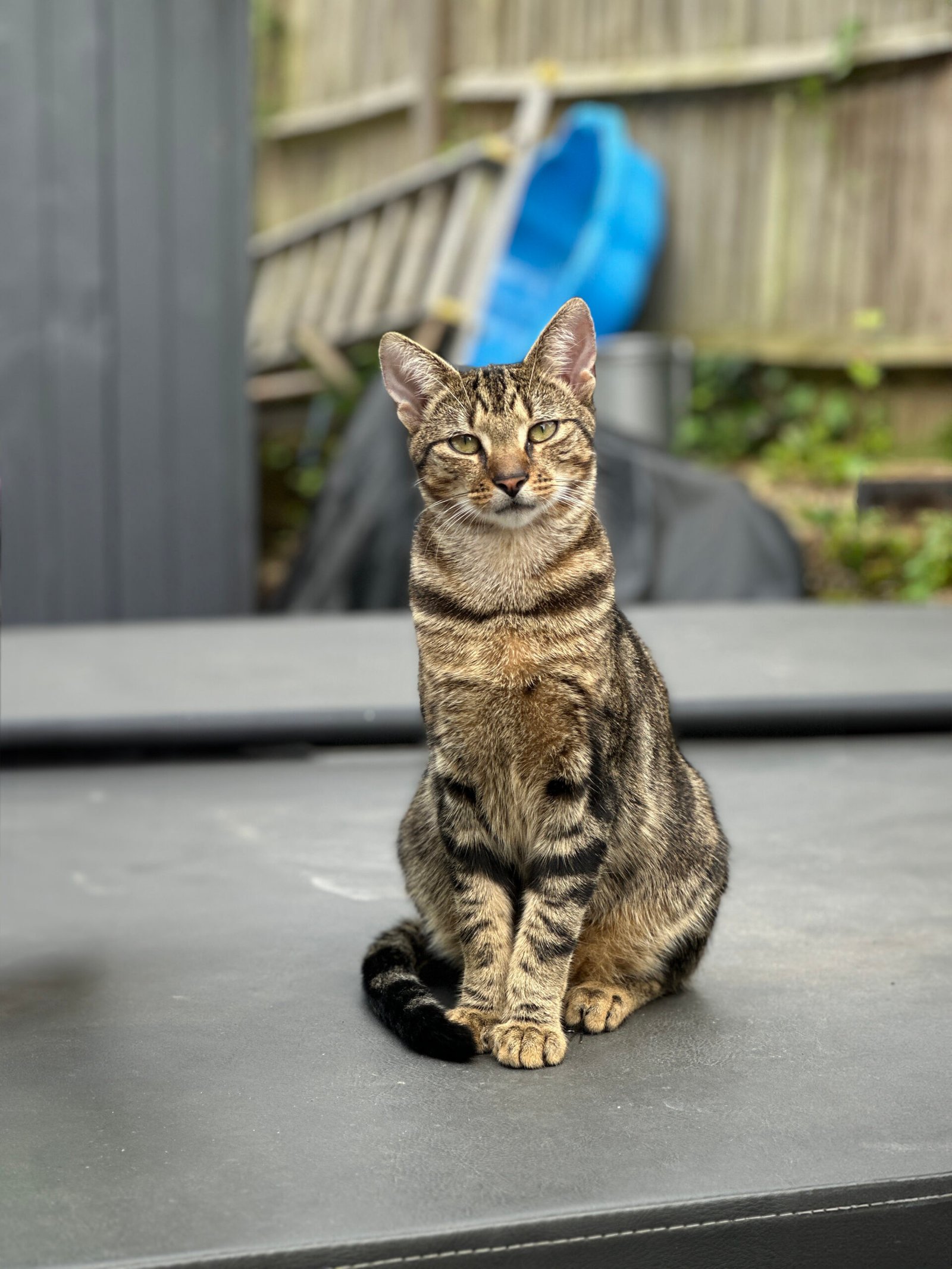
Some of the sweetest moments come when your cat simply lies beside you, purring softly, eyes half-closed. This is contentment in its purest form. Your presence is a source of comfort and security, even if you’re not doing anything special. A cat’s contentment is quiet, but it’s one of the strongest emotional bonds they can show. Don’t underestimate the power of just being there—your cat certainly doesn’t.
Curiosity About the Outside World

Even the most pampered indoor cat can’t resist the allure of the great outdoors. Birds, squirrels, and passing cars become a living movie for your feline friend. Curiosity fills their body language: chattering at the window, wide-eyed stares, or a twitching tail. This curiosity can sometimes border on obsession, especially if your cat feels like they’re missing out on the action. Offering window perches or safe outdoor time on a leash can help satisfy their adventurous spirit.
Overstimulation from Too Much Play
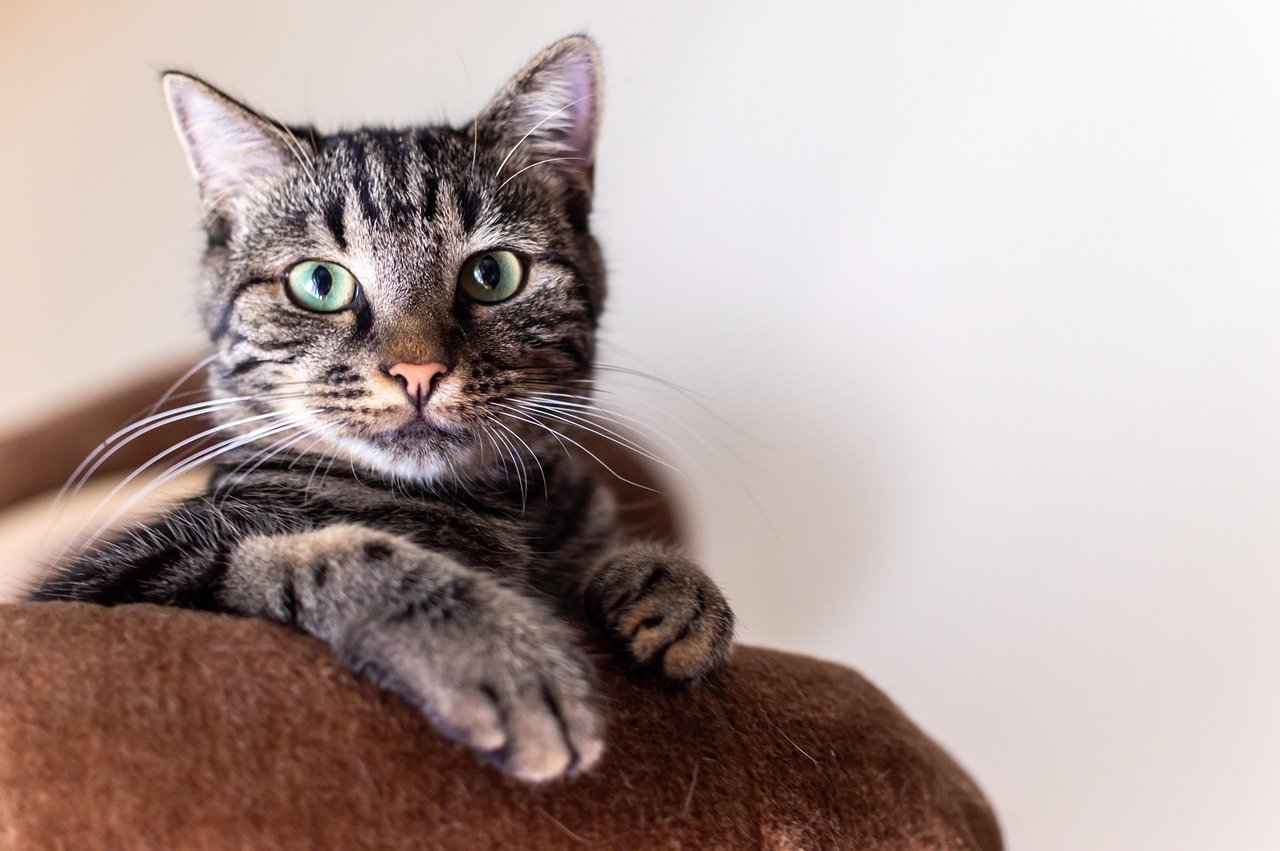
Playtime is essential, but it’s possible to go overboard. If your cat suddenly bites, scratches, or runs away mid-play, they might be overstimulated. This emotional shift from excitement to irritation can happen in a flash. Recognizing these signals helps prevent frustration for both you and your cat. Like kids at a birthday party, cats can get wound up and need a break to calm down. Understanding when to stop is key to keeping playtime positive.
Resignation to Alone Time

When left alone, some cats seem to accept their solitude with a sigh. You’ll find them curled up in a quiet corner, napping away the hours. This resignation isn’t quite loneliness, but rather a sense of “it is what it is.” Over time, too much alone time can dampen your cat’s spirit, so sprinkling in interactive toys or puzzle feeders can give them something to look forward to. Even the most independent cat appreciates a little company.
Protectiveness Over Territory
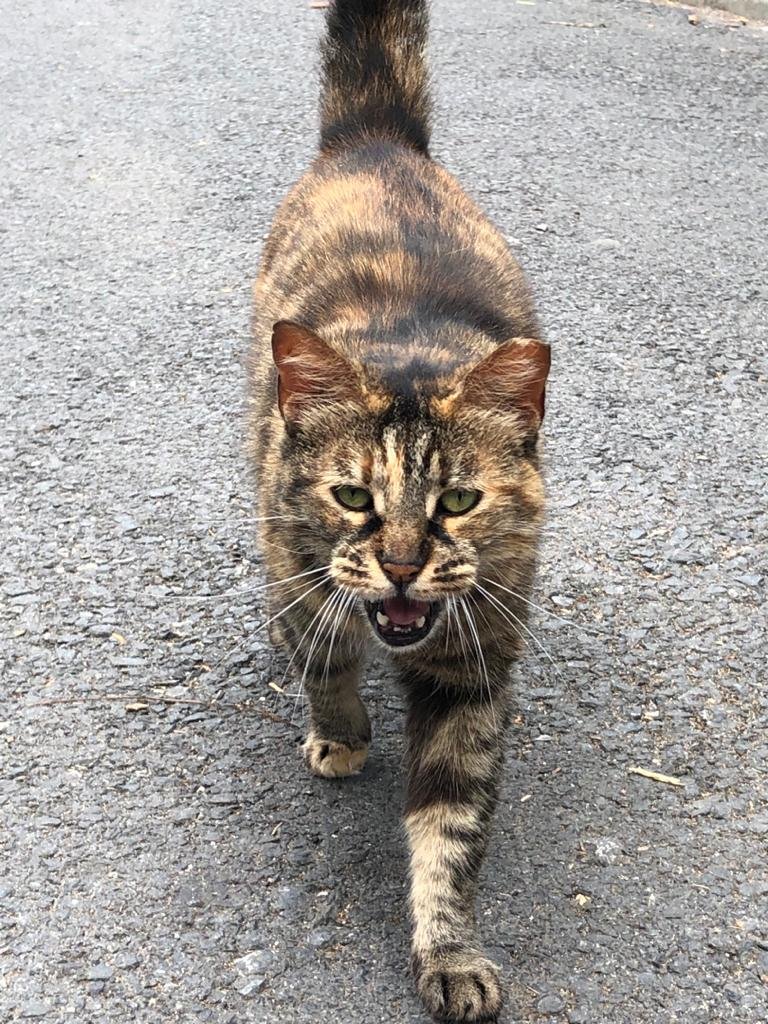
Indoor cats can be fiercely protective of their space. A new pet, visiting guest, or even a stray animal outside the window can trigger defensive behavior. You might notice hissing, puffed-up fur, or a determined patrol around the house. This protectiveness is rooted in your cat’s instinct to keep their territory safe. Respecting their boundaries and offering hiding spots can help your cat feel more secure.
Pride After a Successful Hunt (Even Indoors!)

Whether it’s catching a toy mouse or pouncing on a stray sock, indoor cats take great pride in their hunting skills. After a successful “hunt,” you might see your cat parade their prize, drop it at your feet, or look up with a smug expression. This pride is a vital emotional boost, reinforcing their confidence and sense of purpose. Celebrating these moments—no matter how silly they seem—strengthens your bond.
Embarrassment Over Clumsy Moments
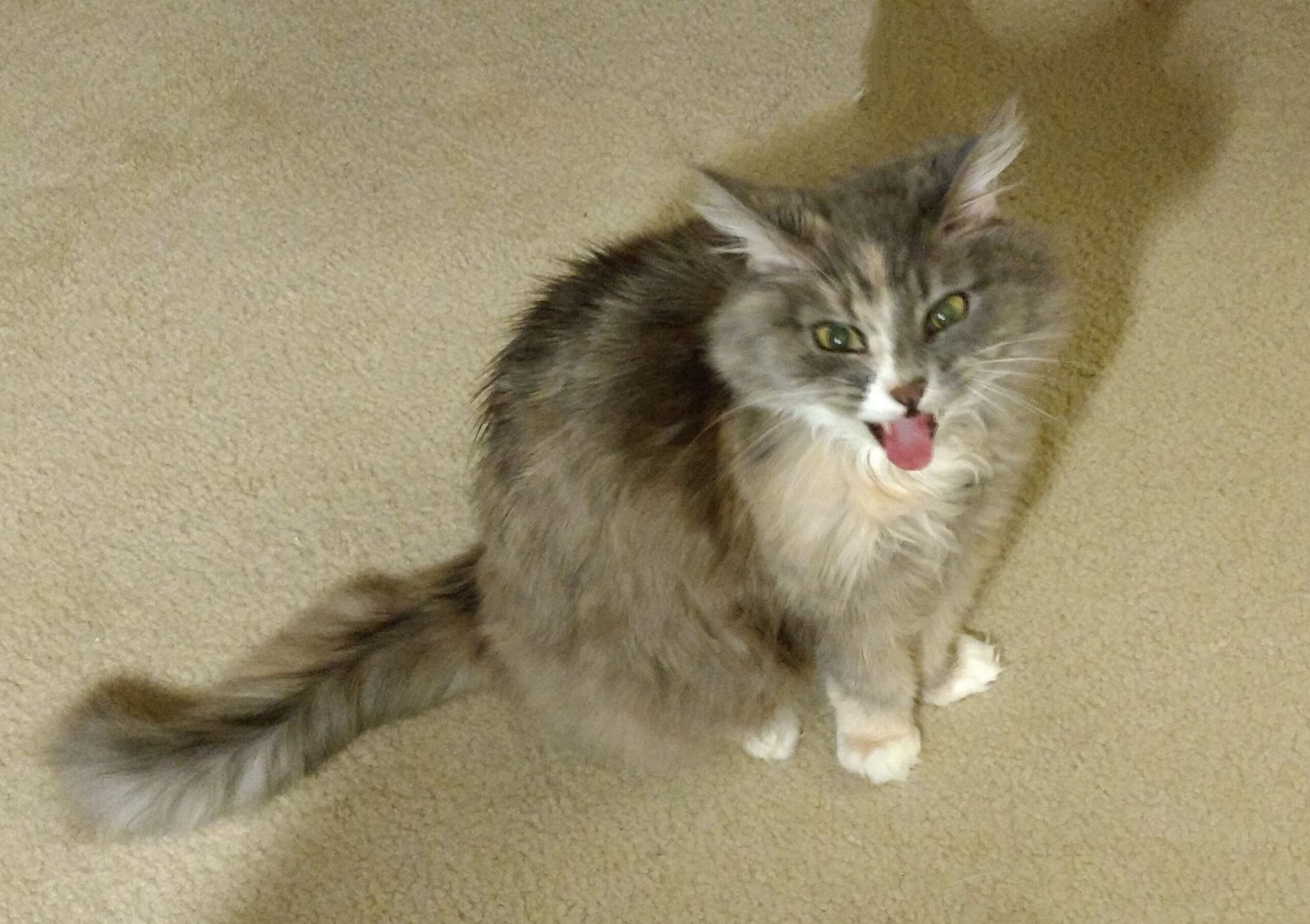
Cats are known for their grace, but even the most elegant feline can have a clumsy moment. Whether it’s a failed jump or an accidental tumble, some cats seem genuinely embarrassed afterward. You may notice them quickly grooming themselves or glancing around to see if anyone noticed. This emotional shift is surprisingly human and adds to their charm. Offering a reassuring pet or simply pretending not to notice can help preserve their dignity.
Satisfaction From Grooming
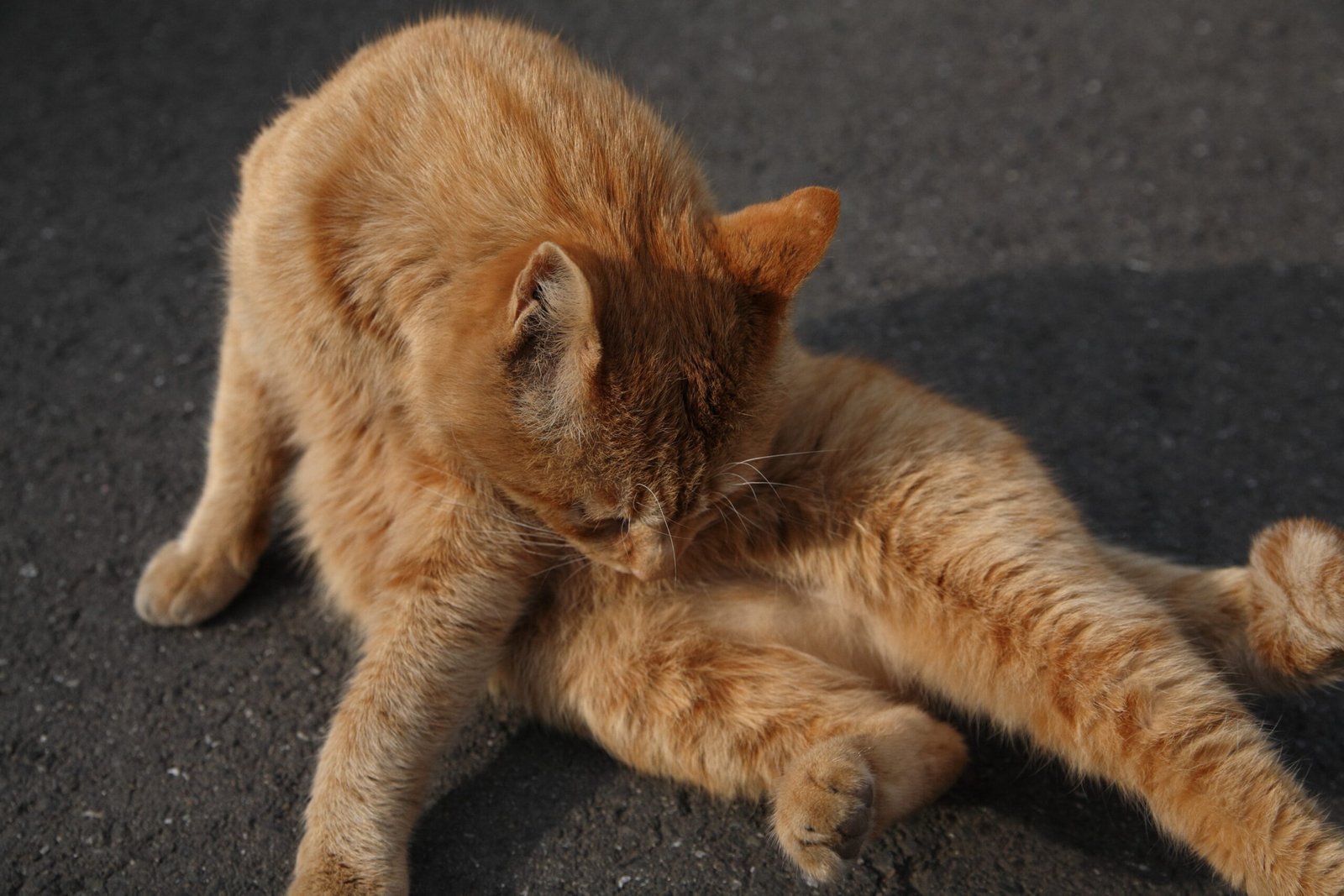
Grooming isn’t just about staying clean—it’s a soothing ritual that brings emotional satisfaction. After a thorough grooming session, many cats appear deeply relaxed, almost meditative. It’s a way to wind down, especially after excitement or stress. If your cat invites you to join in with a comb or brush, consider it a sign of trust and affection. Sharing in this ritual can deepen your connection and offer your cat extra comfort.
Hopefulness for New Experiences

Despite their love of routine, cats are also hopeful for new experiences. A fresh box, a new scratching post, or an unfamiliar scent can spark genuine excitement and hopefulness. You’ll see their eyes light up, their tails perk, and their bodies poised for discovery. This emotional shift from boredom to hope is easy to miss if you’re not paying attention. Introducing small changes or surprises can keep your indoor cat’s spirit bright and curious.
Trust and Vulnerability During Sleep
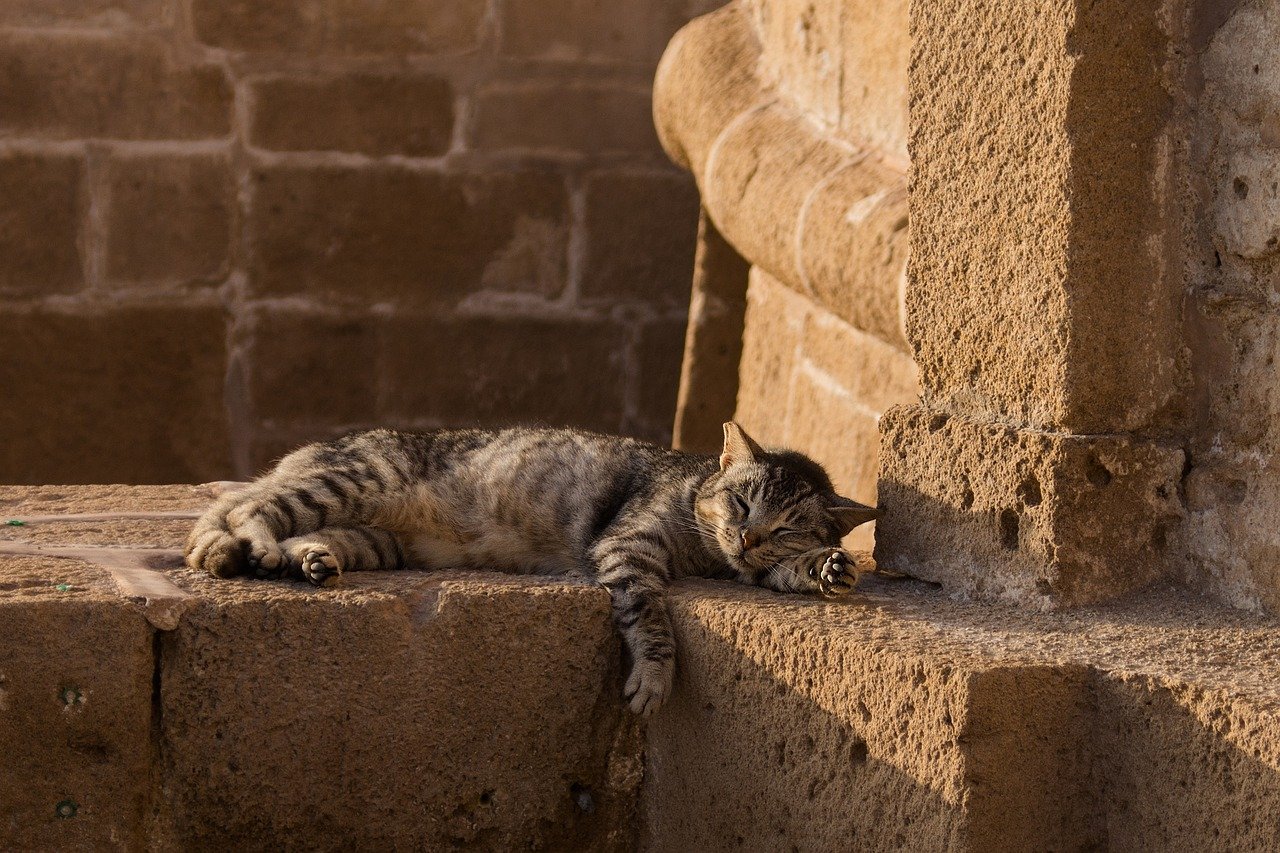
Perhaps the most touching emotional shift is when your cat chooses to sleep in your presence, belly exposed and completely relaxed. This vulnerability is a sign of deep trust. In the wild, a cat would never let its guard down like this. When your indoor cat does, it’s a silent compliment and a testament to the bond you share. Protecting this trust is one of the greatest responsibilities—and privileges—of being a cat parent.
Hi, I’m Bola, a passionate writer and creative strategist with a knack for crafting compelling content that educates, inspires, and connects. Over the years, I’ve honed my skills across various writing fields, including content creation, copywriting, online course development, and video scriptwriting.
When I’m not at my desk, you’ll find me exploring new ideas, reading books, or brainstorming creative ways to solve challenges. I believe that words have the power to transform, and I’m here to help you leverage that power for success.
Thanks for stopping by, Keep coming to this website to checkout new articles form me. You’d always love it!






